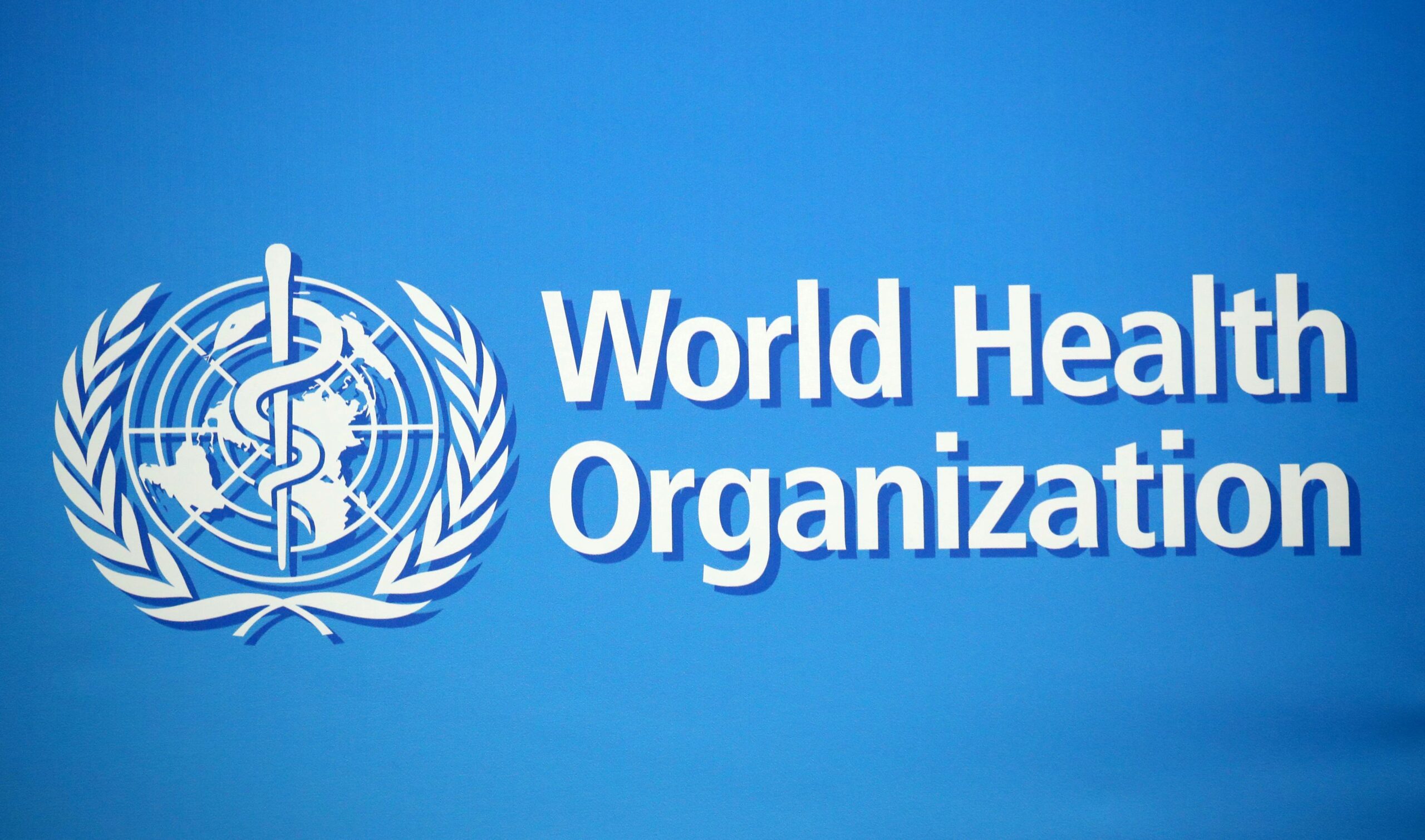Ahead of the International Human Rights Day, WHO classed medical care as essential, while considering the existence of one billion people who left their homes to settle down in other places, approximately one in seven of the population global. These include 281 million worldwide and 82.4 million forcibly displaced people (48 million internal, 26.4 million refugees, 4.1 million asylum seekers), WHO stressed.
Men and women in such a condition continue to be the most vulnerable in society and often face xenophobia, discrimination, poor living, housing and work conditions; among others.
The Covid-19 pandemic posed additional challenges in terms of an increased risk of infection and death for refugees and migrants, as well as highlighting inequalities in access to and use of health services.
These groups also suffer negative economic impact of lockdown and travel restrictions, for which they must be in good health to protect themselves and host populations.
They have the human right to health and countries are bound to provide sensitive health care services to refugees and migrants.
mh/pll/rgh/znc









